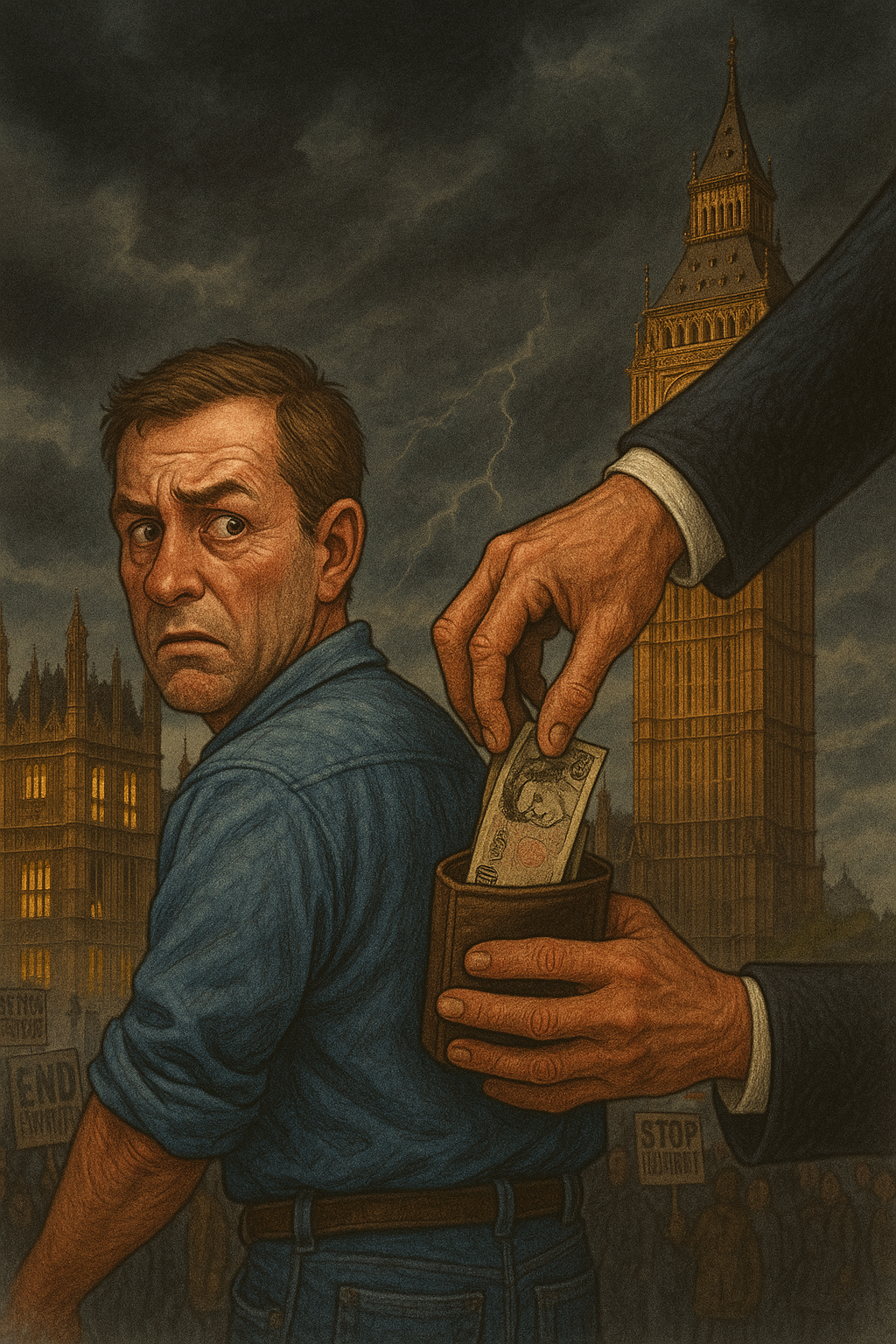Recent election results in the UK and the United States suggest that the populist right is resurgent, riding a wave of backlash against the liberal consensus that has shaped politics since the Cold War’s end. From immigration to trade to climate policy, the momentum has shifted decisively against the post-1990s establishment orthodoxy.
Troublingly, this populist revival has brought with it a new form of governance: not rooted in principle, but in performance, specifically, the performative act of “owning the libs.” Rather than articulating coherent, classical liberal visions of limited government – as these parties claim to embody – this new style of right-populism seems driven by a desire to provoke outrage among perceived left-wing political and cultural elites. This backlash-based approach is rapidly replacing traditional centre-right values with reactionary spectacle.
In the US, the second Trump administration has returned with a vengeance against the federal government and the ‘deep state’, unleashing the Department of Government Efficiency (DOGE) on executive departments deemed to be bloated and inefficient. Liberal darlings in the form of departments such as the Department of Education and USAID face the chopping block. Trump’s zeal in expediting deportations has resulted in numerous fights with the judiciary, resulting in the arrest of a Wisconsin judge accused of helping an illegal migrant evade federal capture.
Here at home, with their recent trouncing of the Tories and Labour in local elections, Reform has wasted no time in unveiling their policy vision both for the county halls they control and for the rest of the country should they triumph in the next General Election. Newly-minted Reform MP Sarah Pochin wasted no time in railing against the evils of carbon capture and storage in her maiden speech – though why that is remains unclear, other than that it sounds vaguely net-zero – Reform’s Deputy Leader Richard Tice pledged to use their newfound powers to actively block and oppose new renewable energy projects, while taxing renewables to prove that green energy is some sort of con, declaring that “we will attack, we will hinder, we will delay, we will obstruct, we will put every hurdle in your way”.
What emerges from both cases is a political strategy rooted in opposition for opposition’s sake; one that elevates short-term antagonism above enduring values. Classical liberal ideals such as free markets, decentralised power, and limited government are increasingly discarded in favour of acts designed purely to provoke. Alarmingly, this approach has found support even among some libertarian-leaning voters, who seem willing to trade principle for the promise of disrupting “lefty” institutions.
Yet this raises a crucial question: are these policies truly in service of liberty, or simply vengeance cloaked in anti-establishment rhetoric?
In the case of Reform’s anti-renewables policy, why is it the government’s business if farmers want to sell or rent off parts of their agriculturally non-viable land to private companies for renewable development? After years of complaining about overbearing government net-zero targets and centralised planning, they now seek to use their newfound planning power in local government to stop such developments, representing an asinine form of vindictive ideological Nimbyism. Worse still, their pledge to artificially make renewable energy economically non-viable via punitive taxation puts further upward pressure on the UK’s already out-of-control energy prices, all for the sake of making a point.
In America, the DOGE initiative has excited both libertarians and the MAGA right by slashing programs and firing federal workers. At a glance, this appears to be a victory for small government. But dig deeper, and a more troubling dynamic emerges – the elimination of bureaucratic functions often leads not to their decentralisation or privatisation, but to their absorption into the executive branch. Power does not disappear – it is merely relocated. And in this case, it is being concentrated in the hands of the President.
This is not limited government. This is state capture dressed up in libertarian language. By dismantling institutions that serve as checks on executive overreach selectively and based on political alignment, the populist right risks creating a system in which state resources and protections are meted out not by impartial rules, but at the whim of the executive.
A genuine commitment to classical liberalism means recognising that the state, while a necessary evil, must be constrained by rules, institutions, and norms. It must provide services impartially, not wield them as political weapons. Our liberal democratic heritage is grounded in the idea that constitutional checks on executive power are not obstacles to governance but its foundation. While small and limited government usually go hand in hand, they sometimes do not – with disastrous consequences. Shrinking the state, if done without principle, risks replacing inefficient bureaucracy with unchecked authority; small government it may be, but limited government it most certainly is not.
Yes, reducing the size and scope of government and empowering individual agency is an admirable goal. Important conversations need to happen about the state’s role in education, the level of state subsidisation of renewables, and whether the state should be mandating select sources of power generation. However, going about this by ‘owning the libs’ only seeks to polarise opinion and dilute the intellectual weight behind these important debates. To properly roll back the administrative state, we must do so with care and coherence. Powers removed from bureaucracies should be devolved to people, communities, or markets – not hoarded by a centralised executive. We must be ready to protect, not dismantle, the institutions that safeguard liberty by restraining power, even when doing so is unfashionable amid a wave of hack-and-slash zeal.
Ultimately, it is not enough to shrink the state. We must also limit it. To do that requires principle, not provocation.
















